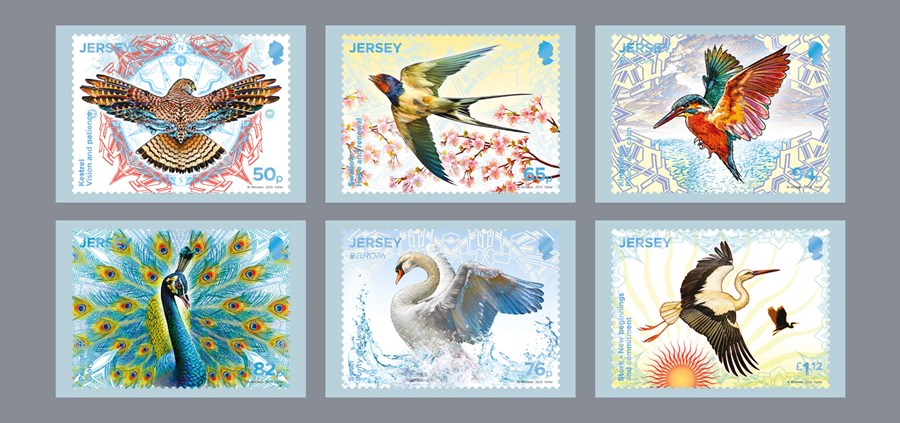A decline in bird populations is the first indication that something is ecologically amiss, according to an expert from a wildlife organization. "Birds are the first stimulus of degradation in an area. If there is a decrease in the bird populations somewhere, it indicates that something is wrong there," Ahmet Emre Kutukcu, a wildlife expert from World Wildlife Fund (WWF) Turkey, told Anadolu Agency (AA).
Citing the relationship between bird populations and the balance of nature as an example, he said that at one time in Europe, birds that were feeding on farmlands decreased because of a pesticides-related reduction in the insect population, which also caused a decrease in pollination. "However, if there is a sufficient proportion of raptors, there is no need for pesticides, since there will be fewer rodents there," he added, noting that the U.S. and European countries have conducted many projects to tackle this problem.
Touching on the key role of migratory birds on the environment, Kutukcu said they serve as cleaners in the ecosystem and also control the population of rodents and rabbits on farmland. "Because of a decrease in the vulture population last year in India and Pakistan, rabies has increased in the two countries, and this also led to financial losses," he said.
He went on to say that storks, which feed on lizards and frogs, make a contribution to agricultural production as they keep the populations of these two animals under control. "Insectivorous birds, for example, also play an important role as part of public health by preventing the increase of disease-carrying insects and mosquitoes," he said.
Highlighting another significant contribution of migratory birds to pollination, he said fieldfares ensure the spread of many seeds, especially fruit seeds. That marks a huge contribution to the sustainability of an ecosystem as everything in the environment is connected to each other.
Source: Daily Sabah, 27 Nov 2019
https://www.dailysabah.com/environment/2019/11/27/decline-in-bird-popul…

- Login om te reageren
